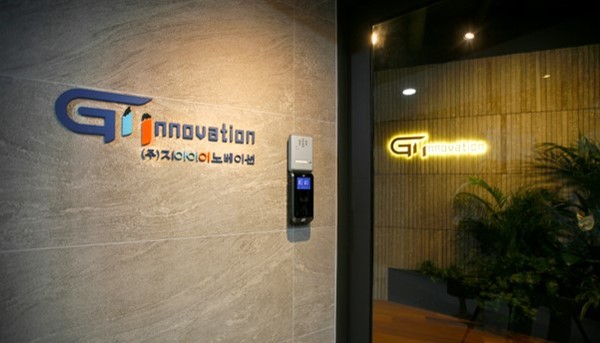GI Innovation, a Korean biotech company, said Monday that it has entered into a clinical trial collaboration and supply agreement (CTCSA) with MSD Korea to evaluate the efficacy of its immuno-oncology drug GI-102 in combination with MSD's anti-PD-1 immunotherapy Keytruda (pembrolizumab) in patients with immunotherapy-resistant liver cancer, melanoma, and renal cell carcinoma.

This marks GI Innovation's second collaboration with MSD, building on their previous partnership involving GI-101A, an interleukin (IL)-2-based immunotherapy agent that demonstrated partial remission in patients with pancreatic cancer, renal cell carcinoma, and bladder cancer during the dose escalation phase of a phase 1/2 clinical trial in combination with Keytruda.
“MSD typically doesn't enter into exclusive supply agreements, especially not without compensation,” said a GI Innovation official. “This is the first time in Korea that a single company has secured such a collaboration with MSD twice.”
The upcoming phase 2 trial will focus on patients who are refractory to or have developed resistance to existing immuno-oncology treatments, leaving them with limited options.
GI Innovation will target three types of cancer with “significant market potential and a likelihood of success”: metastatic liver cancer, melanoma, and renal cell carcinoma, the company said.
Preliminary data on GI-102 is promising. In a monotherapy study, GI-102 demonstrated an overall response rate (ORR) of 42.9 percent in melanoma patients who had not responded to standard treatments, with three out of seven patients showing partial responses.
Additionally, preclinical studies in a liver cancer model revealed that GI-102 alone achieved complete tumor regression in six out of 10 mice.
The clinical trial will be conducted at approximately 14 medical centers worldwide, including Mayo Clinic, Cleveland Clinic, and Memorial Sloan Kettering Cancer Center. In Korea, the trials will be held at Samsung Medical Center, Asan Medical Center, Seoul National University Hospital, Severance Hospital, and St. Vincent's Hospital.
According to Jang Myoung-ho, Head of New Drug Development and Clinical Trials at GI Innovation, the combination of GI-102 with Keytruda has the “potential to enhance the therapeutic value of GI-102 significantly.”
Related articles
- Keytruda-Padcev combo approved for 1st-line treatment of locally advanced/metastatic urothelial carcinoma
- ‘Keytruda redefined concept of early-stage lung cancer treatment’
- Keytruda wins nod as postoperative adjuvant therapy for early-stage NSCLC
- What impact will Keytruda have on treating advanced gastric cancer?
- MSD’s Keytruda OKed as 1st line treatment of advanced endometrial cancer in Korea
- Phase 3 study shows Keytruda's potential in endometrial cancer, though high costs pose barriers
- GI Innovation completes 1st patient dosing of subcutaneous immunotherapy potentially for melanoma
- GI Innovation to focus on licensing deals at 2025 J.P. Morgan Healthcare Conference

